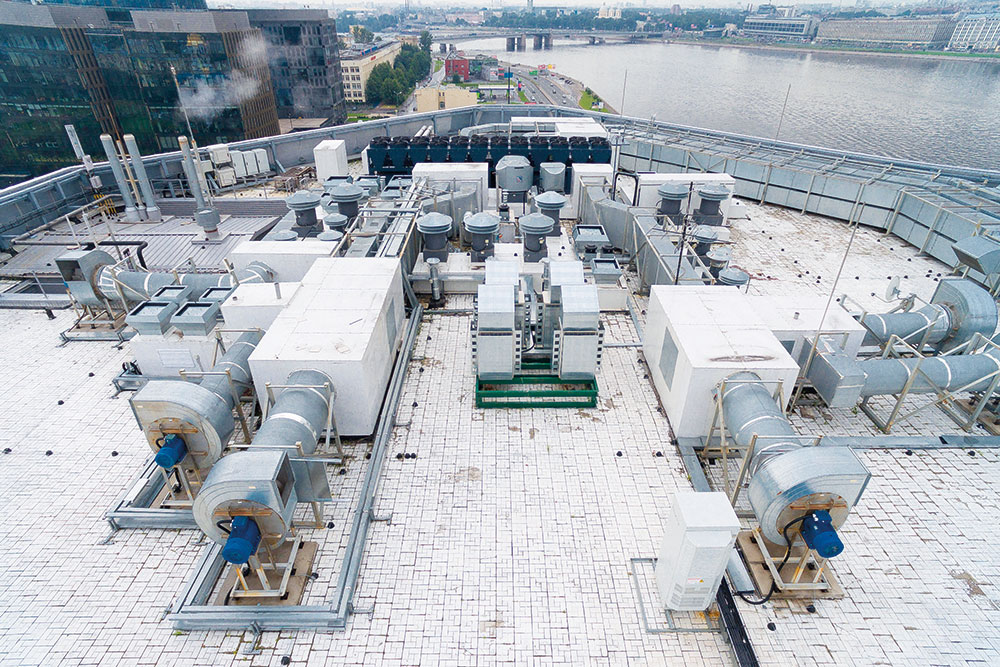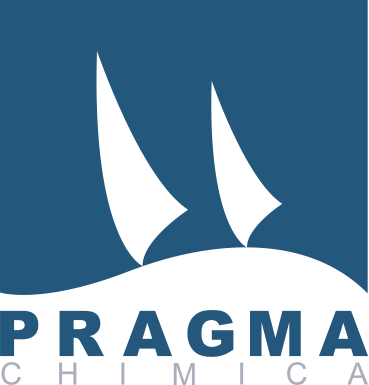
Water treatment for glycol circuits
Conditioning water glycol circuits correctly is essential for keeping systems efficient over time, and consequently reducing maintenance interventions. In view of this, we propose a line of products that conditions all water circuits that operate between -35 °C and 95 °C, and technologies for decontaminating water glycol circuits, even for the food industry. We personalise interventions according to the specific requirements of the company, the type of business or circuit, the metals used.

How to protect water glycol circuits
Adding ethylene or propylene glycol greatly changes the behaviour of water, which becomes more aggressive towards metals, forms sludge more easily, and can help microorganisms, such as bacteria and mould, to colonise.
The results are less efficient systems, the need for frequent maintenance, shorter-lasting equipment, and less heat exchange.
Water glycol circuits can be conditioned correctly by:
- checking the pH;
- inhibiting corrosion, which can be done by blending different inhibitors, chosen according to the main characteristics of the system, the glycol used, and the amount of water used;
- dispersing the sludge;
- controlling microbial contamination to prevent the formation of biofilms.
Pragma Chimica technologies for decontaminating water glycol circuits
There are two different methods for cleaning glycol water circuits so that sludge can be removed and the glycol solution decontaminated, for example from biofilms.
- The first method is to empty the circuit and wash it with a solution of sanitising product with an alkaline pH, to eliminate sludge, oily deposits and biofilms that have attached to the heat exchanging surfaces.
- The second method can be used with systems that are large-sized or which cannot be stopped (side stream cleaning) and involves the use of calibrated doses of dispersants, alkalising/dispersant mixes and biocides that give the necessary results without affecting system operation. With this decontamination technique the system does not need to be stopped, or the circuit emptied partially or fully, the wastewater does not have to be disposed of, and the circulating water does not need to be changed.
Glycol circuit water treatment: our solutions
Our research and development department is always available to develop new technologies and procedures for protecting and correctly managing circuits and machines that operate with glycol solutions. We personalise interventions according to specific requirements, keeping a constant eye on the metals used.
We supply:
- glycol for special applications
– food environment (substances and active principles appearing in the GRAS list)
– inhibited with organic acids
– suitable for protecting even circuits that contain aluminium and its alloys - inhibited or non-inhibited ethylene/propylene glycols
- high efficiency corrosion inhibitors
- products and technologies for chemical washes to decontaminate the glycol circuits
- chemical analyses
